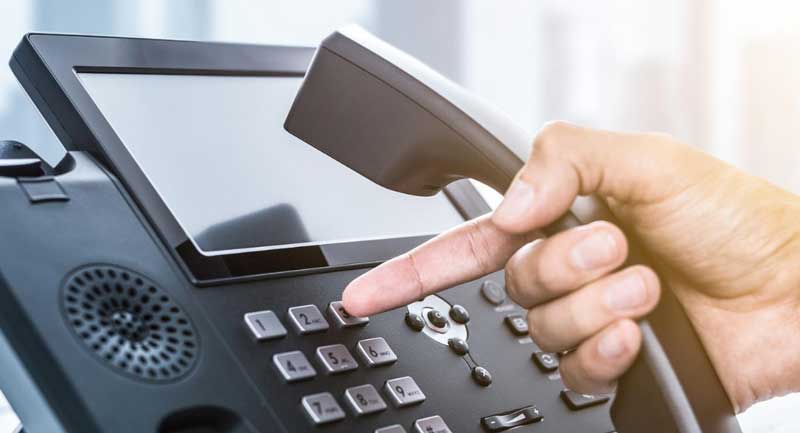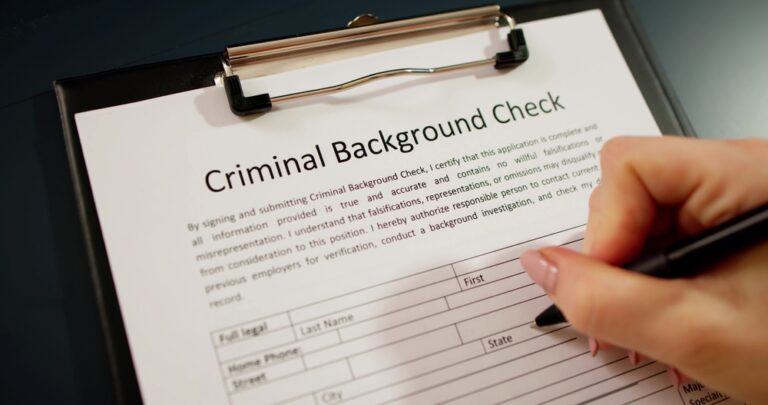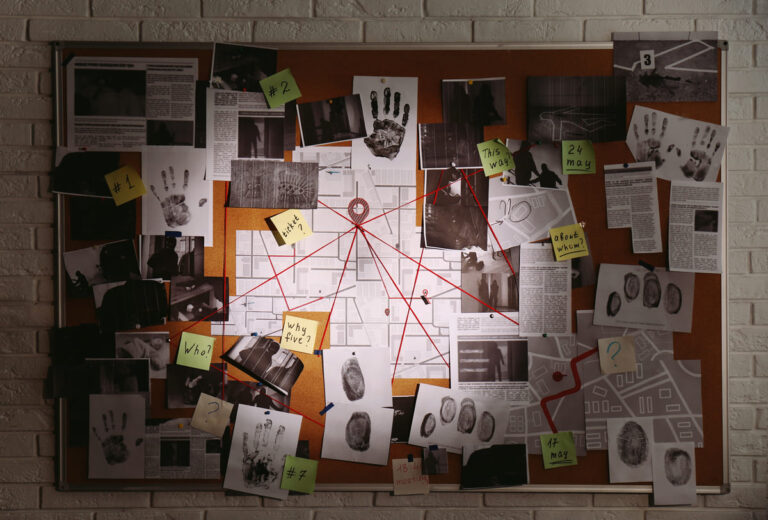DPS License #1607394
You will be surprised to learn that an abundance of details can be uncovered during a forensic examination of a questioned document. It is the duty of one of our certified professional forensic document examiners in Phoenix to identify forgery and confirm the authenticity of questionable documents that are part of criminal or civil cases as well as business disagreements. Documents that are called into question can be handwritten, printed, machine-generated or electronic.
A forensic document specialist may also be called upon to identify supposed irregularities in documents such as wills, insurance policies, bank checks, contracts, title deeds and other documents that can be called in for evidence in a court of law.
The expert skills of a forensic document examiner are used to:
- Determine forgery
- Establish authenticity
- Identify additions or alterations in a document
- Identify type of writing instrument as well as ink used
- Identify a particular individual as the person responsible for the writing
- Provides testimony or evidence in court
Forensic documentation analysis is applied to cases involving identity theft, suicides, forgery, fraud, kidnappings, contested wills and contracts, title deeds lawsuits and extortion.
What does forensic document analysis involve?
There are many facets to forensic document examination and cover many areas. from examining signatures to indented impressions. In performing forensic analysis on a questioned document, a forensic document examiner will make use of a number of scientific processes to closely examine the document in question. Forensic document examiners are experts in handwriting analysis as well as in printing processes and retrieving entries that have been deleted in electronic documents.
Once the documents are received for examination they are properly labelled. The entire document will then be reviewed taking note of any limitations. This is carried out without the need for any equipment to be used. Once this initial analysis has been completed, a more comprehensive examination takes place using specialized equipment (magnification, side lighting, transmitted light) with notes made on observations on pictures and drawings.
Why and When You Need Forensic Document Examination?
Forensic document examination is indispensable in evaluating the authenticity of documentation put forth as evidence in a court case. This service is used to establish the origin or authenticity of questioned documents.
The different types of analysis carried out by a forensic document examiner include:
· Authenticating signatures
One of the most common forms of evidence a forensic document examiner has to analyze are the signatures on a document because the authenticity of a signature can be questioned. It is not uncommon to find that signatures can be forged or altered.
Seeing that no two person’s handwriting is identical, an experienced forensic document examiner can reveal discrepancies in variations in signatures that make a forged signature stand out from a genuine one.
Sometimes a signee has no memory of putting their signature to a document or may for some reason refute that he/she signed the document. In such cases, a forensic document specialist can show beyond doubt the true signee.
· Examining handwritten evidence
Questions on the authenticity of a handwritten document or parts of it can also be raised. Handwritten entries on medical charts, for example, may need to be examined and analyzed to determine the date of entries. Other examples of documents where handwritten evidence may be analyzed include tax returns, checks and timesheets.
· Examining typed documents
A forensic document examiner may also be called on to assist with examining typed documents. A skilled forensic document examiner can discover what type of make or model of the printer was used to create the document as some typewriters produce a unique set of characteristics. This document examination will also look at the type of in, font and ribbons used.
· Handwriting analysis
By analyzing the handwriting in a document, a forensic document examiner will be able to determine whether the handwriting is original or a copy. To do this, the forensic document examiner will examine elements of execution such as the connecting strokes, size and slant of handwriting and proportion of the letters amongst others.
Why choose Cutty & Associates for forensic document
Do you need the trained eye of a forensic document examiner to verify the authenticity of wills, contracts or title deeds? Get in touch with us at Cutty & Associates. We are trusted and licensed private investigation professionals with a quality service menu that includes forensic documentation examination, skip trace services, background checks and a varied range of private investigation services. Contact us today to get the information you need.



